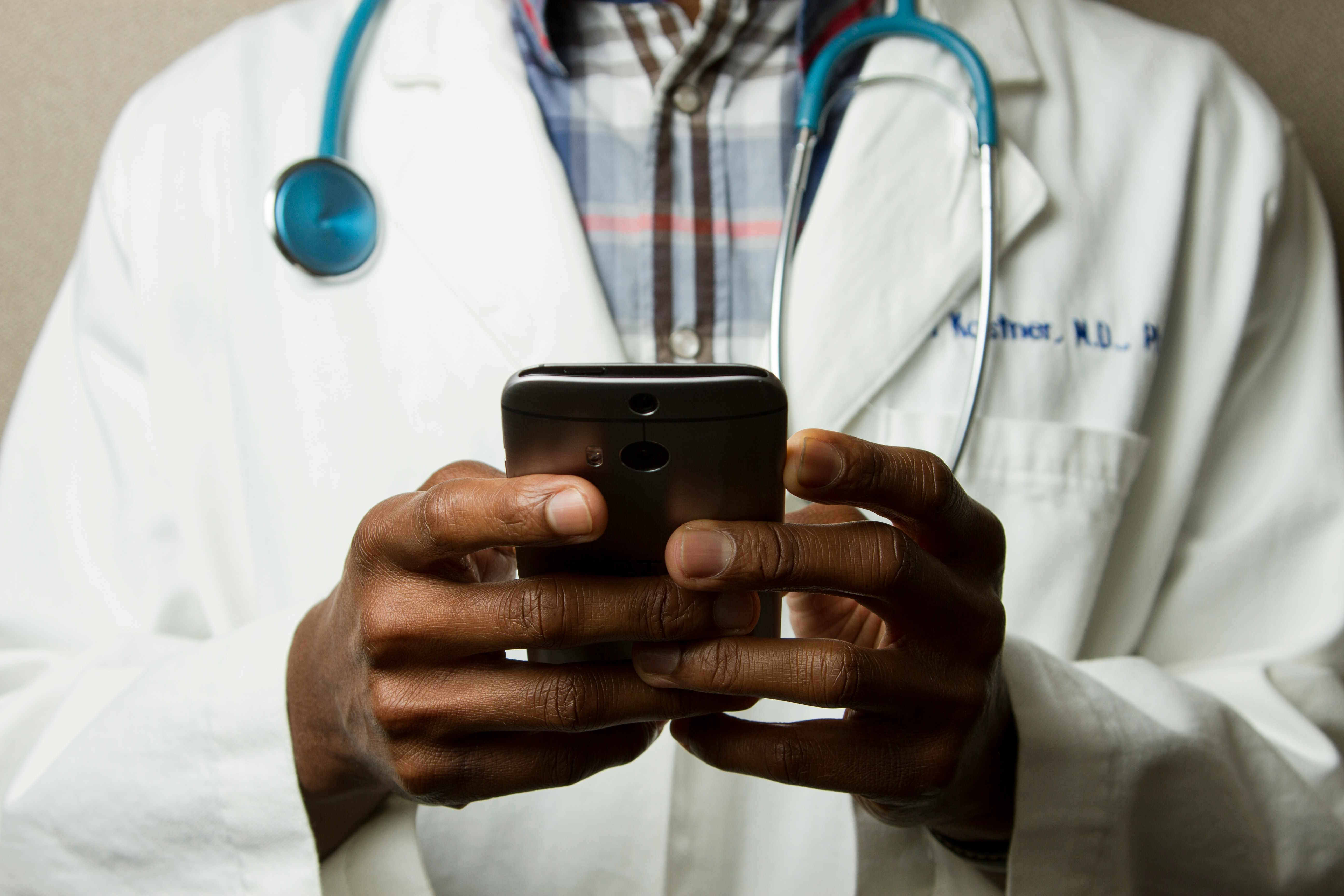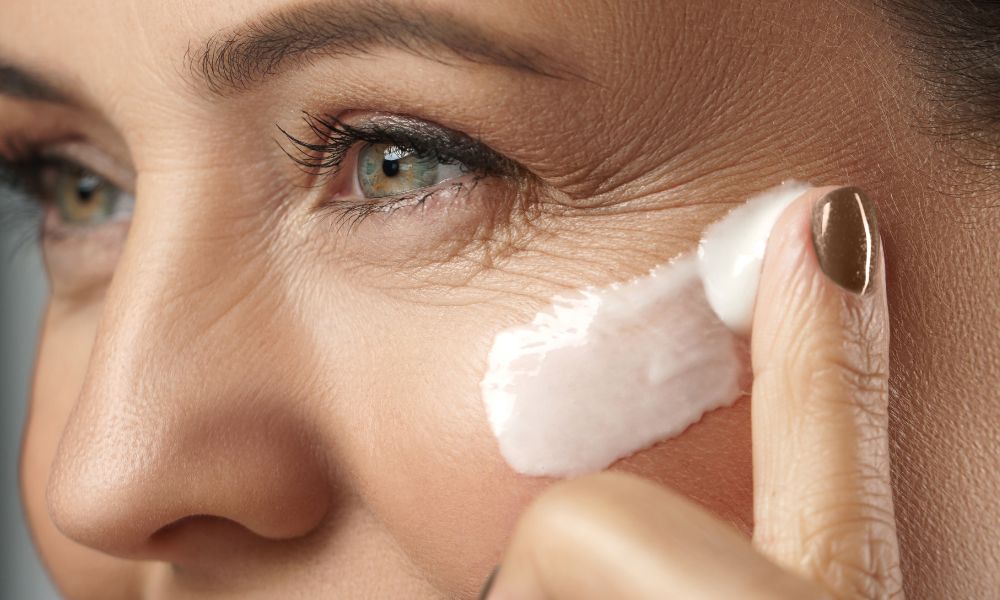5G and Healthcare: Transforming Patient Care in the Digital Age
The convergence of 5G technology and healthcare is set to revolutionize patient care, offering unprecedented opportunities for remote monitoring, telemedicine, and digital health innovations. Read below to discover how this synergy can lead to better health outcomes and transform the medical field as we know it.

The Unseen Potential: 5G in Healthcare
Known for its high-speed, low latency, and increased connection density, 5G technology is poised to make waves in the healthcare sector. By providing the infrastructure necessary for real-time data transmission, 5G can enable remote monitoring of patients, thereby reducing the need for hospital visits and lowering the stress on healthcare systems. Medical devices equipped with 5G can send comprehensive health data to healthcare providers in real-time, enabling more accurate and timely diagnoses.
Advancing Telemedicine with 5G
Telemedicine, a rapidly growing field that allows patients to consult with healthcare professionals remotely, stands to benefit immensely from 5G. High-definition video consultations will become seamless, and doctors will be able to perform real-time remote diagnostics and even guide patients through procedures. This not only makes healthcare more accessible, especially for those in remote areas, but also reduces the risk of infection transmission.
5G and Digital Health Innovations
Beyond telemedicine, 5G will also catalyze a wave of digital health innovations. Virtual Reality (VR) and Augmented Reality (AR) applications in healthcare, for instance, could provide immersive training for medical professionals or help patients with pain management and rehabilitation. Moreover, AI-powered health apps and wearables will become more accurate and efficient with the high-speed data transmission facilitated by 5G.
Securing Patient Data with 5G
With the influx of digital health data, patient privacy and data security become paramount. 5G networks offer advanced security features that can help safeguard sensitive patient information. These include network slicing, where data is segmented and isolated within the network, and end-to-end encryption. As such, 5G can enhance patient trust and compliance in using digital health services.
The Future of Healthcare: A 5G-Enabled Ecosystem
The integration of 5G in healthcare is not an end in itself, but a means to an end. The ultimate goal is a holistic, 5G-enabled healthcare ecosystem that connects patients, healthcare providers, and medical devices in real time. This interconnected ecosystem will allow for personalized care, improved patient outcomes, and more efficient use of healthcare resources.
Useful Tips and Facts: - 5G can support up to a million devices per square kilometer, making it ideal for IoT applications in healthcare. - The combination of 5G and AI can enable predictive healthcare, where potential health issues are identified and addressed before they become serious.
As the healthcare sector continues to digitalize, the role of 5G will only become more critical. By enabling real-time data transmission, advancing telemedicine, and supporting digital health innovations, 5G can transform patient care for the better. With its potential to create a holistic healthcare ecosystem, 5G is truly shaping the future of healthcare in the digital age.




